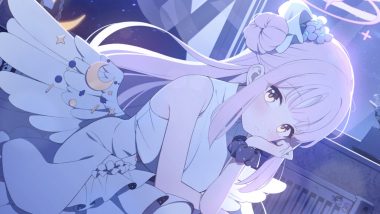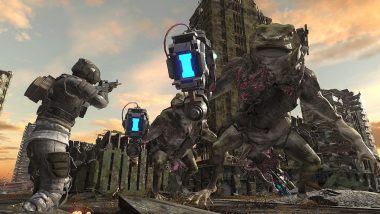Everyone hates inaccurate depictions of Japan, right? Wrong – a lot of Japanese people want more
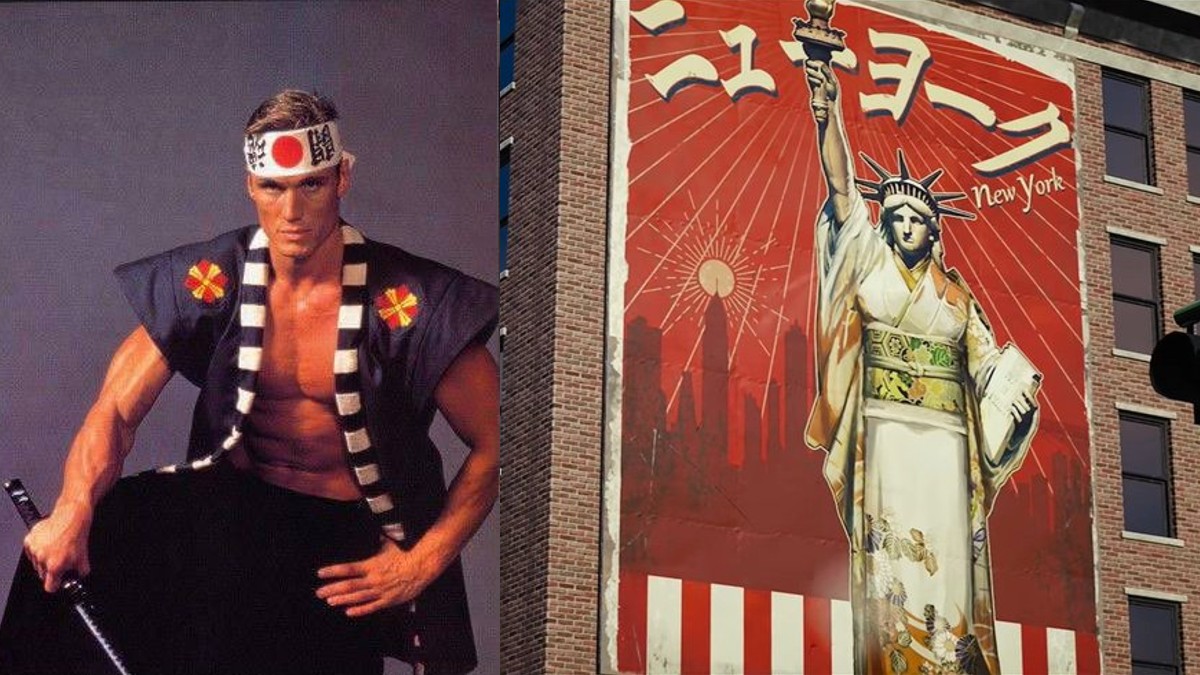
Japan has been the victim of inaccurate cultural portrayals in media for as long as it is known by the West. It’s been going on for so long that even non-Japanese audiences have grown sick of it and have become quick to point out and criticize any nonfactual or stereotypical portrayals of Japanese culture they spot. However, a recent viral tweet by a Japanese user suggests that many Japanese people are actually fascinated, or at least amused, with some of the faulty representations of Japan.
Elements of Japanese culture and tradition such as geisha, samurai, ninjas, temples etc. As well as the Japanese language itself have long been subject to misinformed or purposely exaggerated depictions in media. Thankfully, recent times have seen western media shift from racism and orientalism to more harmless stereotypes. However, this is not to say that botched depictions of the Japanese culture and language aren’t still common, one example being this martial arts themed Netflix series showing the nonsensical Japanese words “envy will show you a rockless garden” inscribed into a rock in the background of a scene.
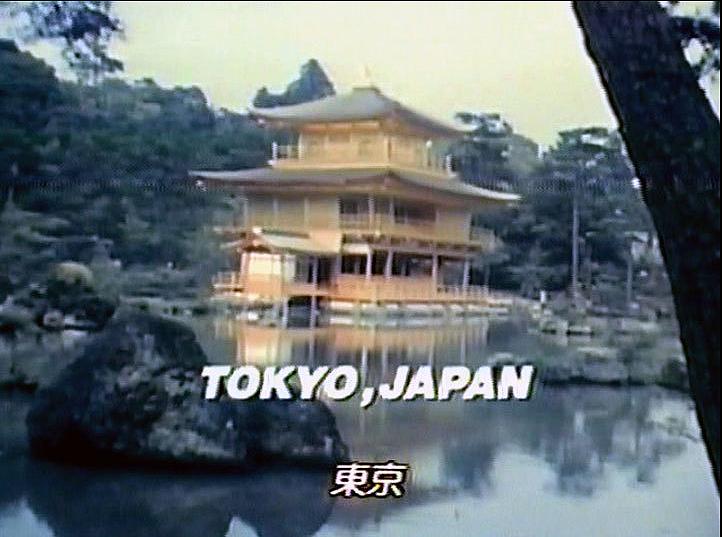
Those who have grown weary and find offense in such inaccuracies are rightful in doing so, but the aforementioned tweet by @84MadokaMary reveals a world of those who find amusement and appeal in some of the ways foreigners tend to imagine and depict Japan.
The humorous request to foreigners to never stop making bizarre, stereotyped portrayals of Japan and its culture seems to have resonated with many, as the tweet has since received almost 67k likes and over 19k retweets. Users were quick to voice their agreement with the statement, even saying that, “there’s a nutrient Japanese people can get only get from foreigners’ wrong depictions of Japan.”
Users gave examples of their favorite Japan-related stereotypes and fallacies such as neon-lit streets, cyberpunk Japanese cities, suit-wearing and katana-wielding Yakuza members, Mount Fuji in the middle of Tokyo, mascot ridden bullet trains and similar. The misinformed mash-up of traditional, high-tech and “kawaii” seems to be the recipe for this aesthetic Japanese people can’t seem to get enough of. It seems to have become almost like a genre of its own for the Japanese audience, with films such as Kill Bill, John Wick, The Last Samurai, Bullet Train etc. considered noteworthy representatives by many.
There’s definitely a note of satire and hate-watching involved, but it seems that what attracts Japanese users to these skewed portrayals of Japan is how they are something that could never be created by a Japanese person – it’s like a surreal vision of Japan only foreigners can present.
As for the boundary between offensive and charming, it seems Japanese users appreciate a full-out exaggerated fantasy Japan much more than a serious attempt to be realistic ruined by an isolated faux pass – meaning either do your research thoroughly or let your imagination run wild completely.
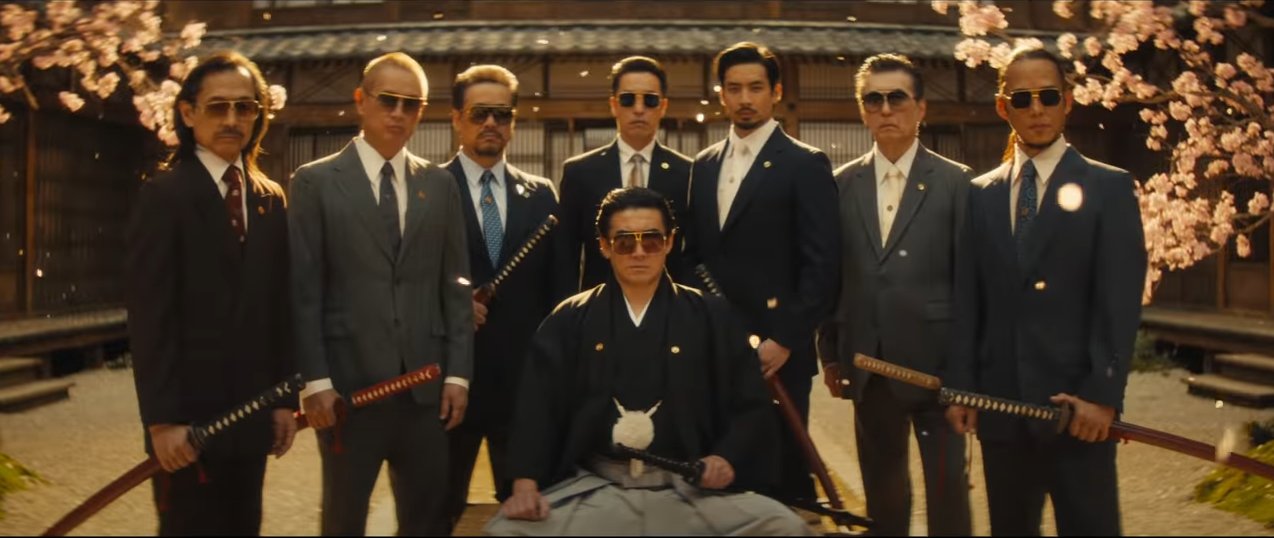
As far as films are concerned, Hollywood is infamous for its unskilled attempts to portray cultures from different parts of the world, but Japan’s culture seems to be subject to inaccurate and exaggerated portrayals on a much wider scale. This may stem from Japan having a unique and attractive flavor to non-Japanese people but also being hard to access due to the language barrier and cultural differences – people desperately want to consume, interact with and decorate themselves with the culture but are insufficiently informed, thus making space for (sometimes excessive) creativity to make its appearance.



